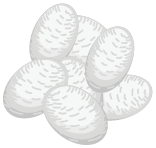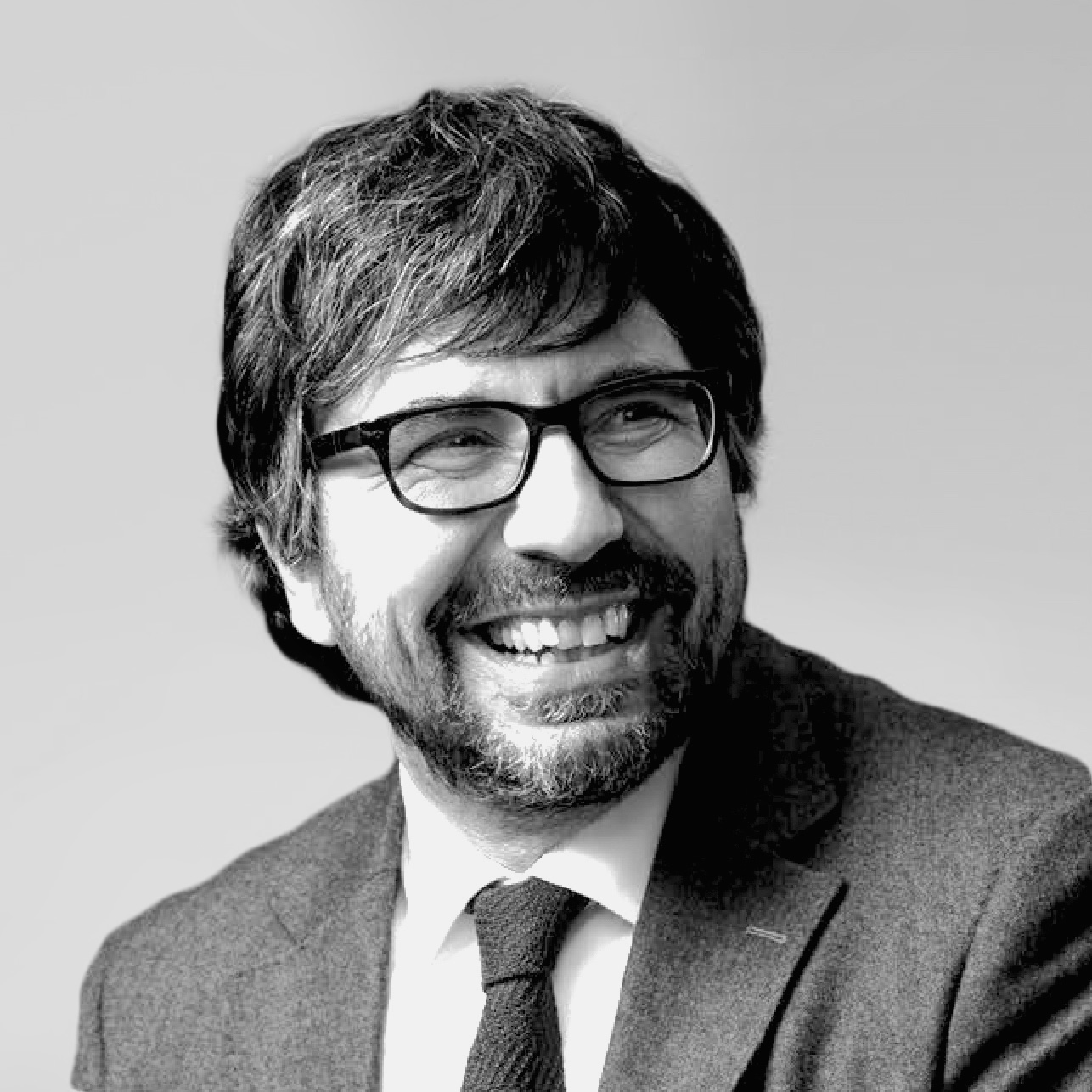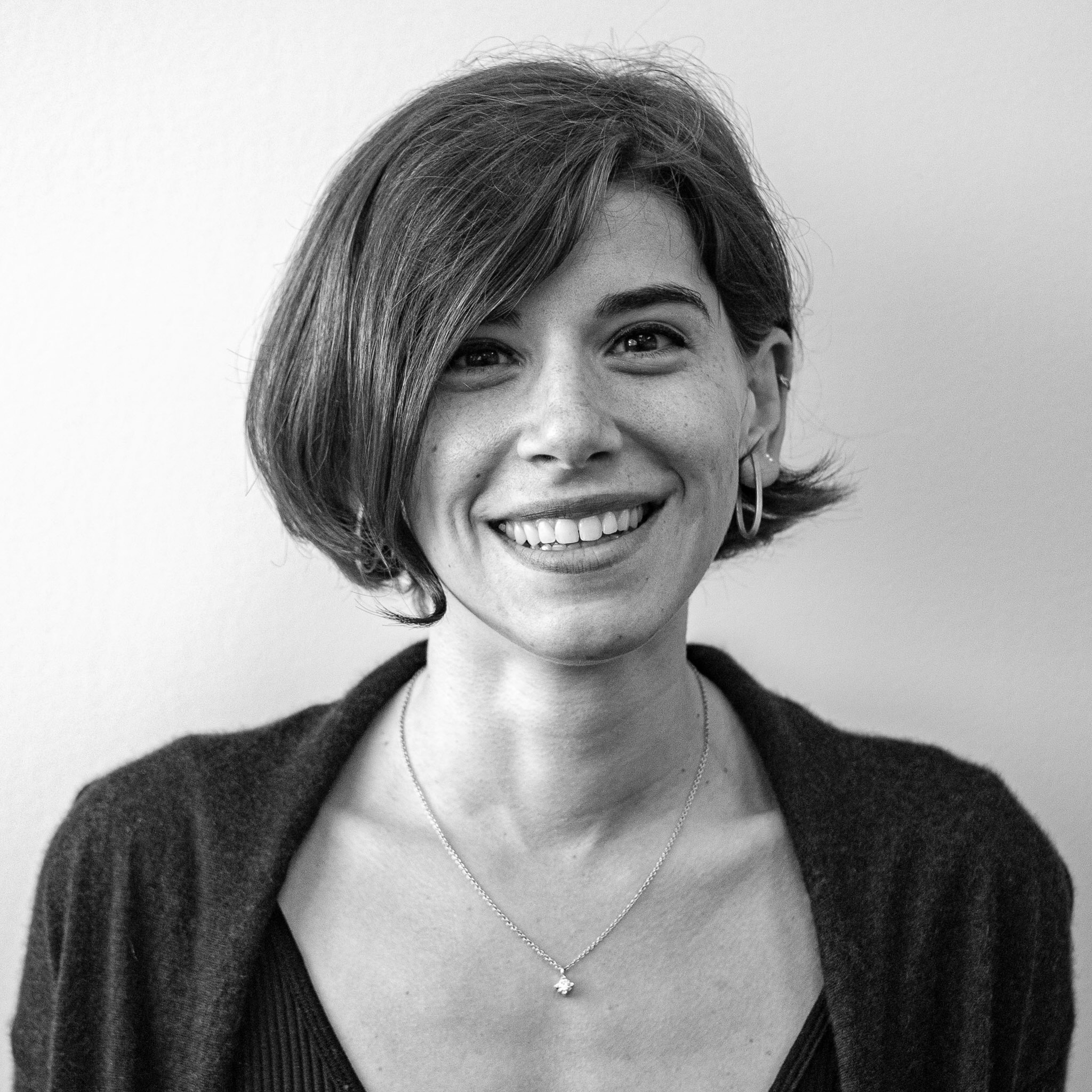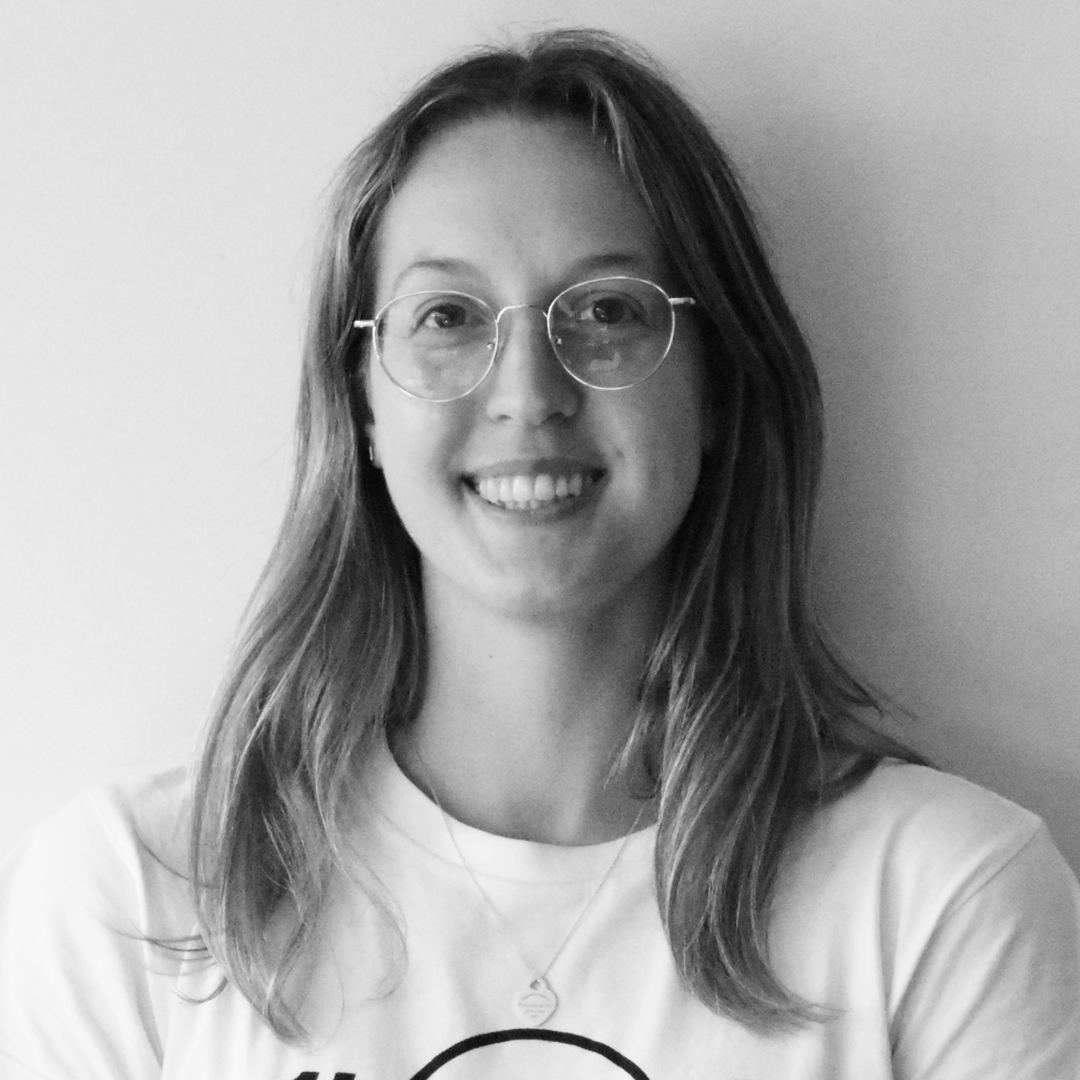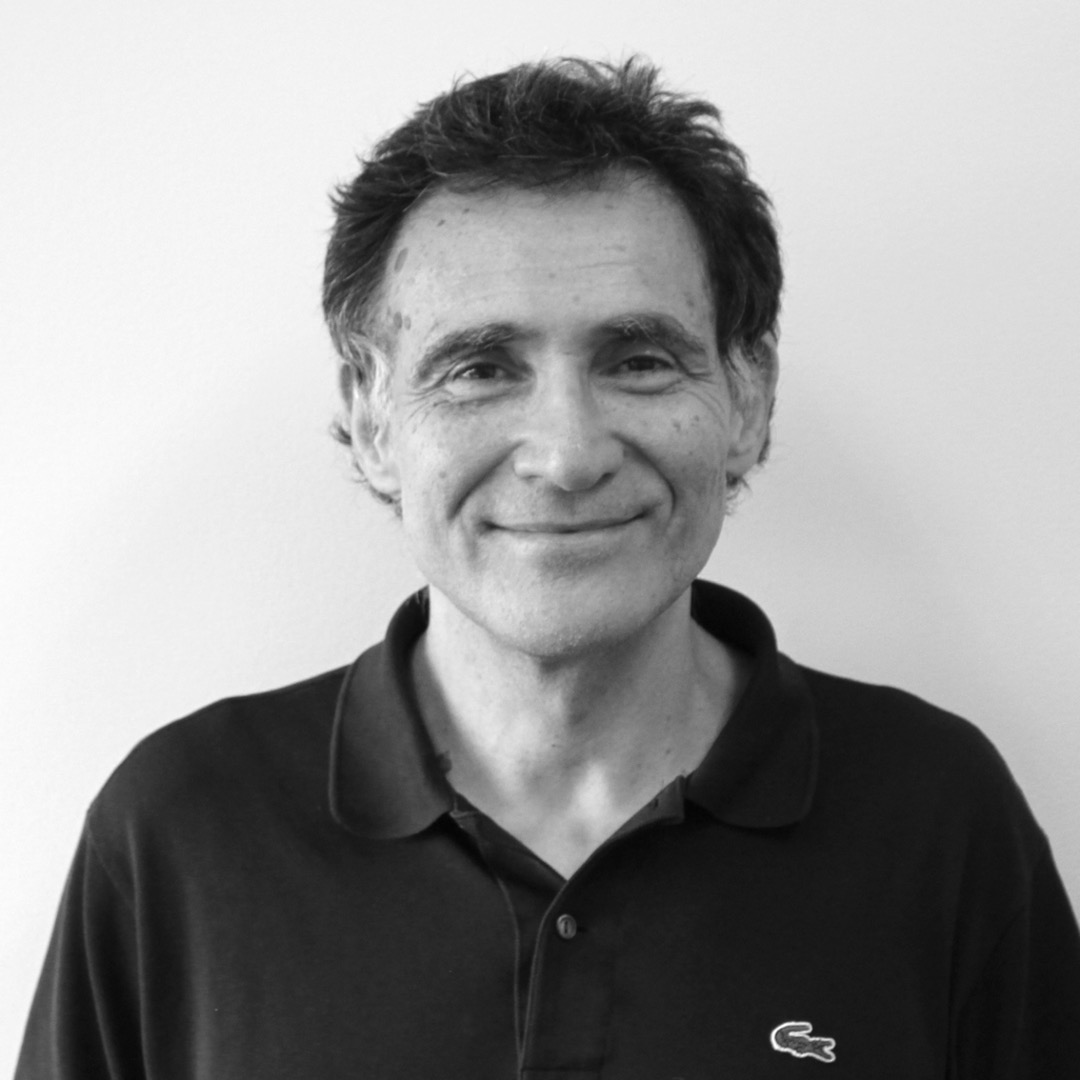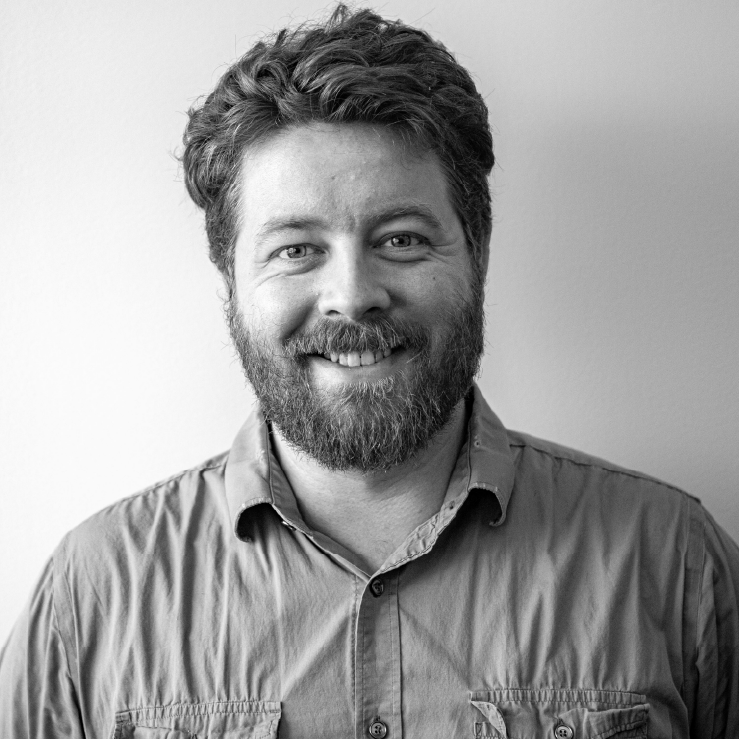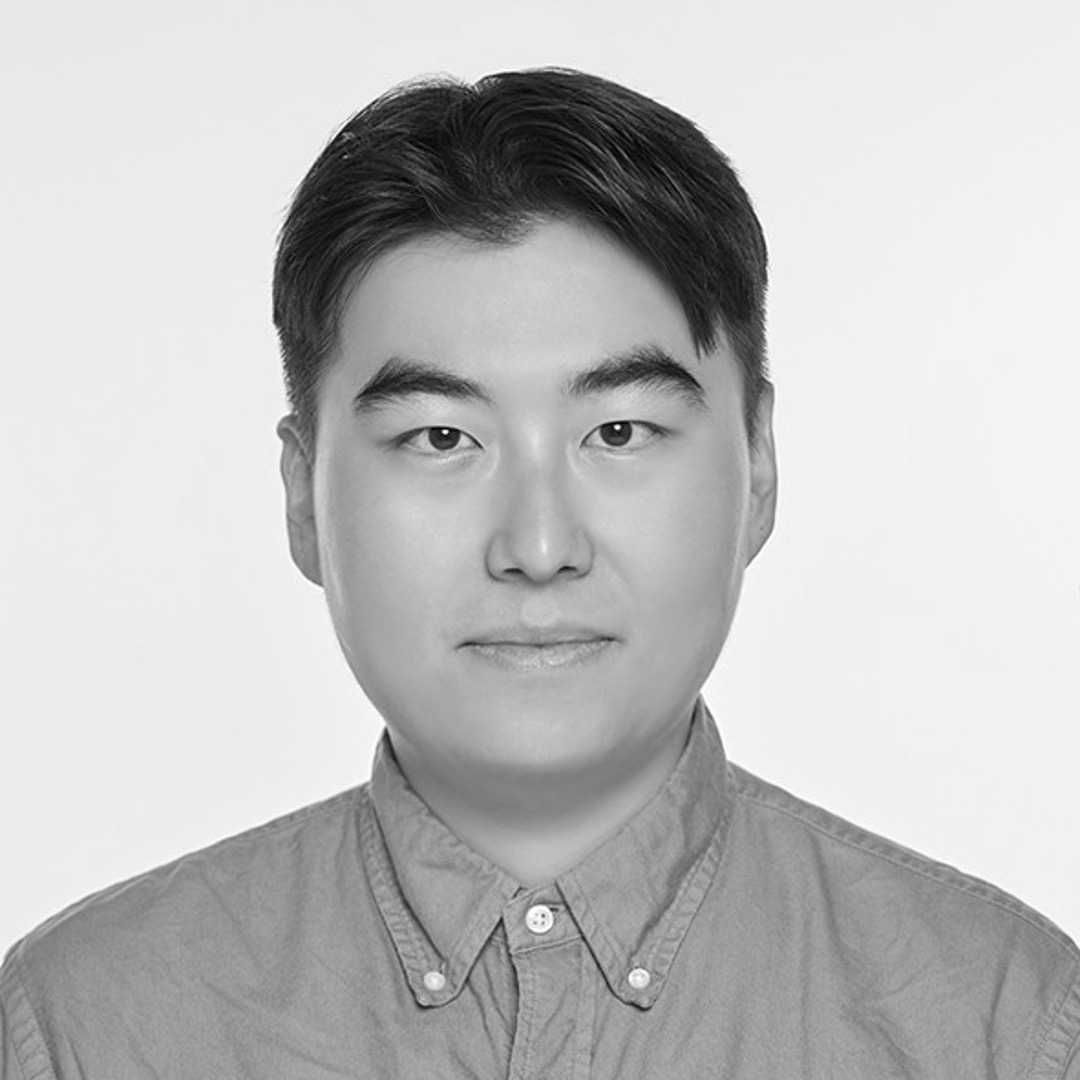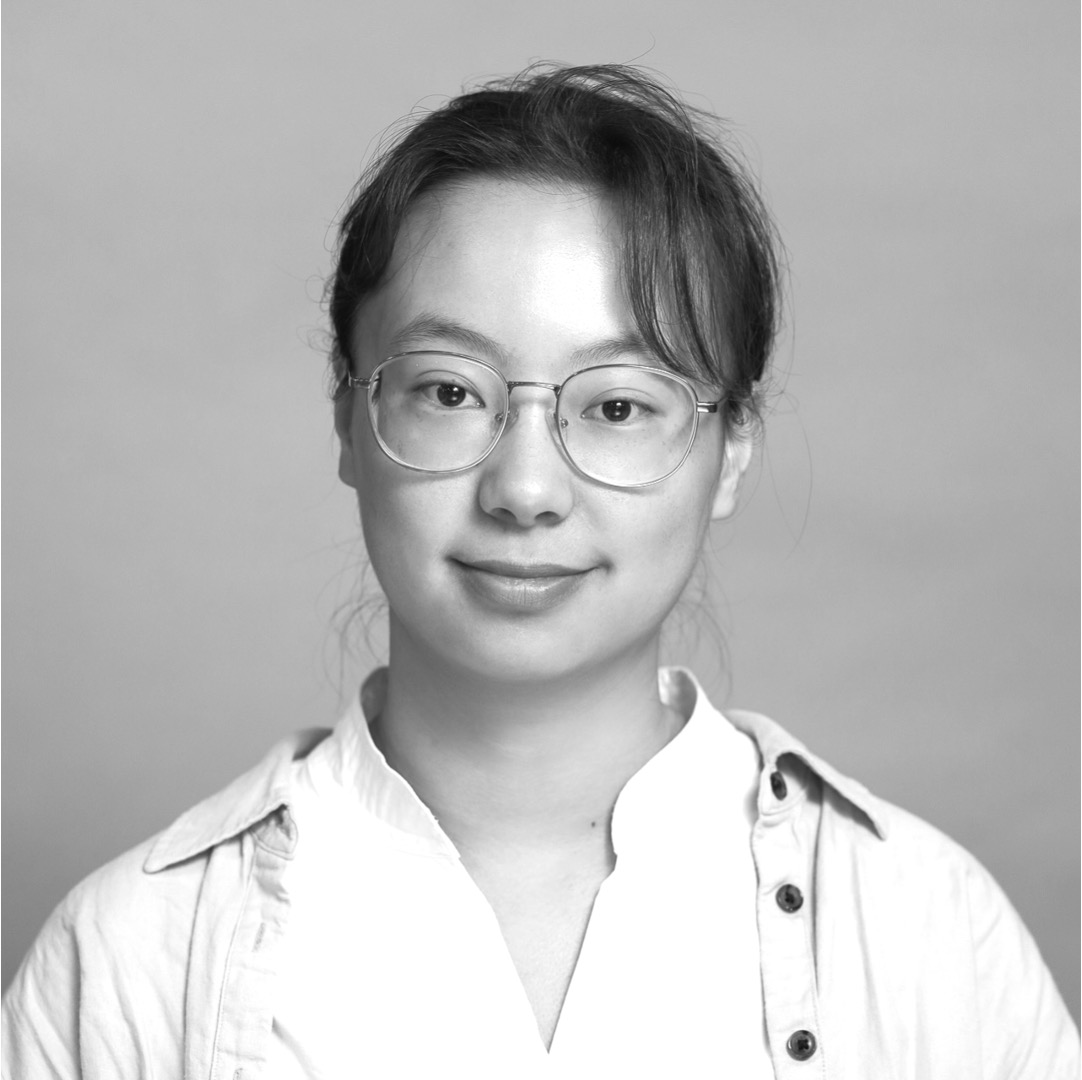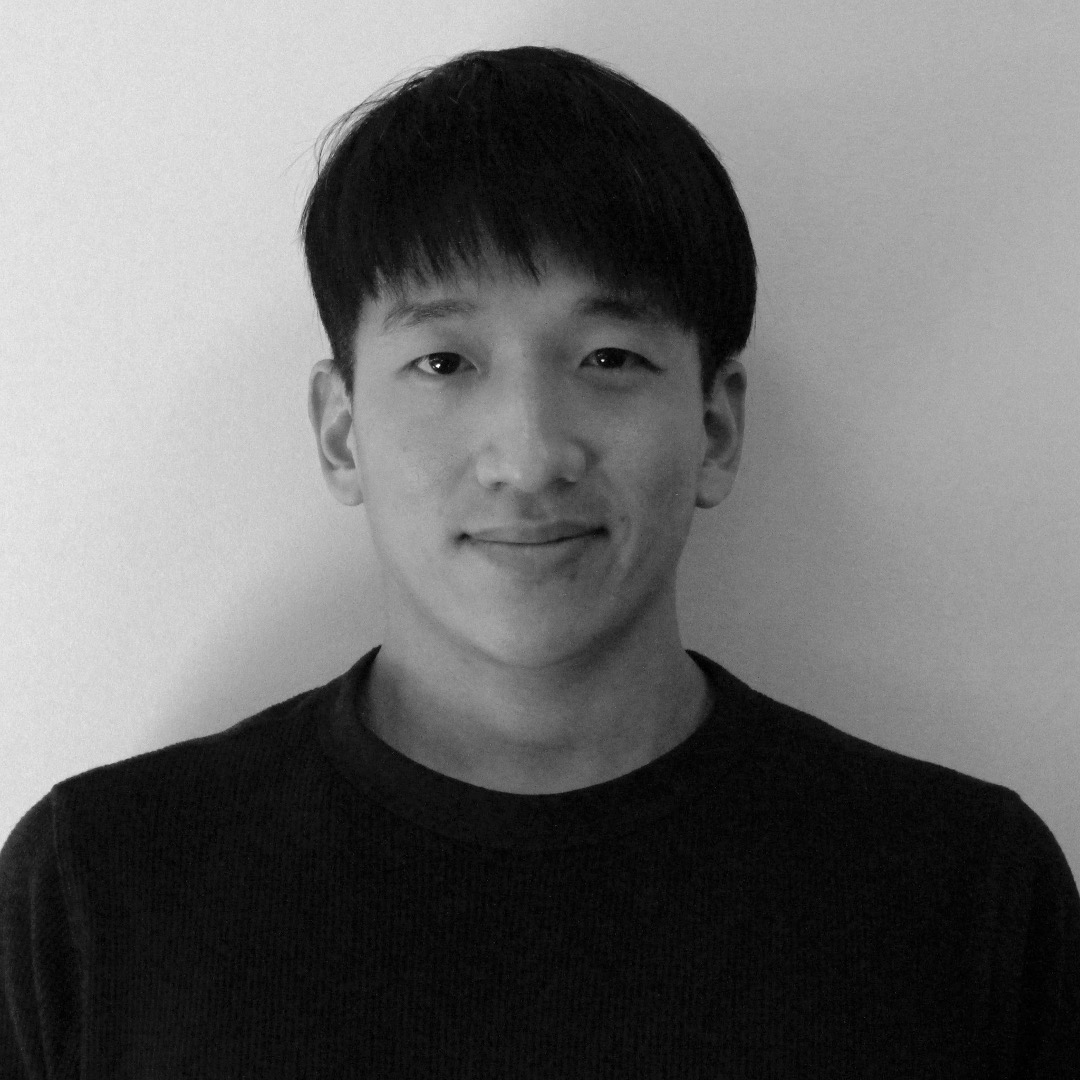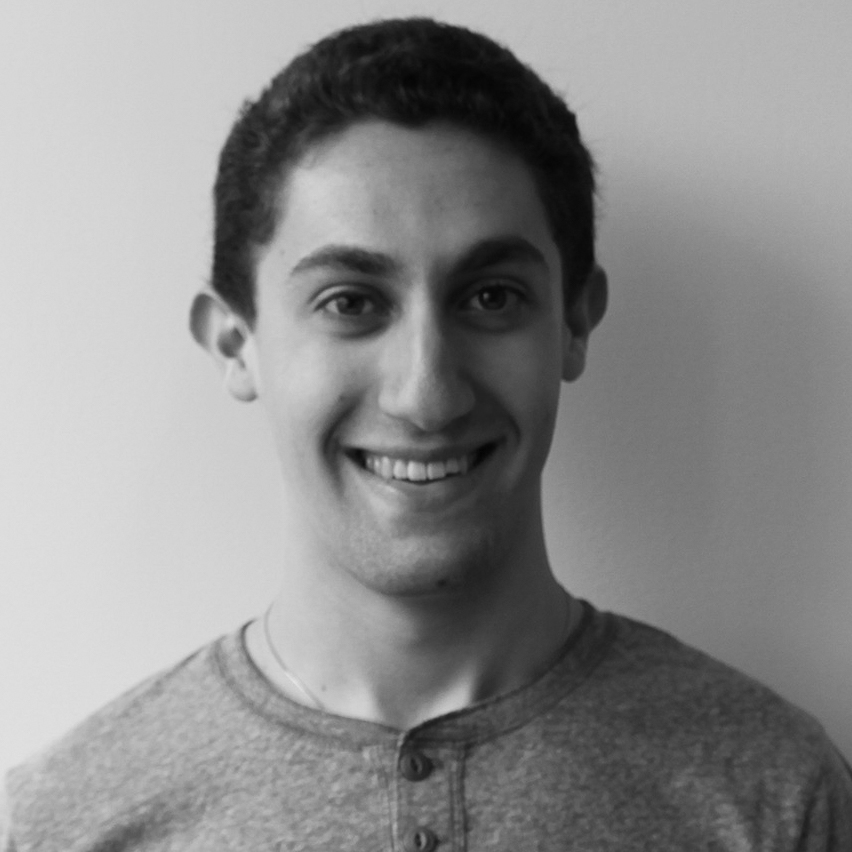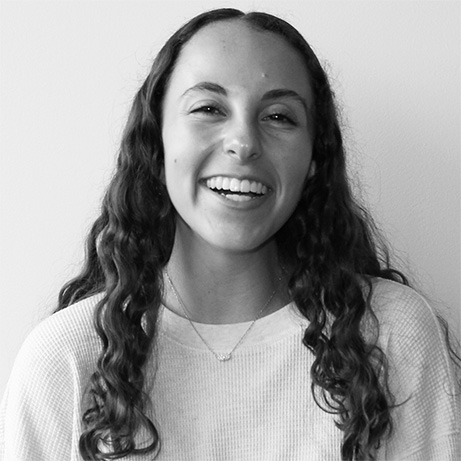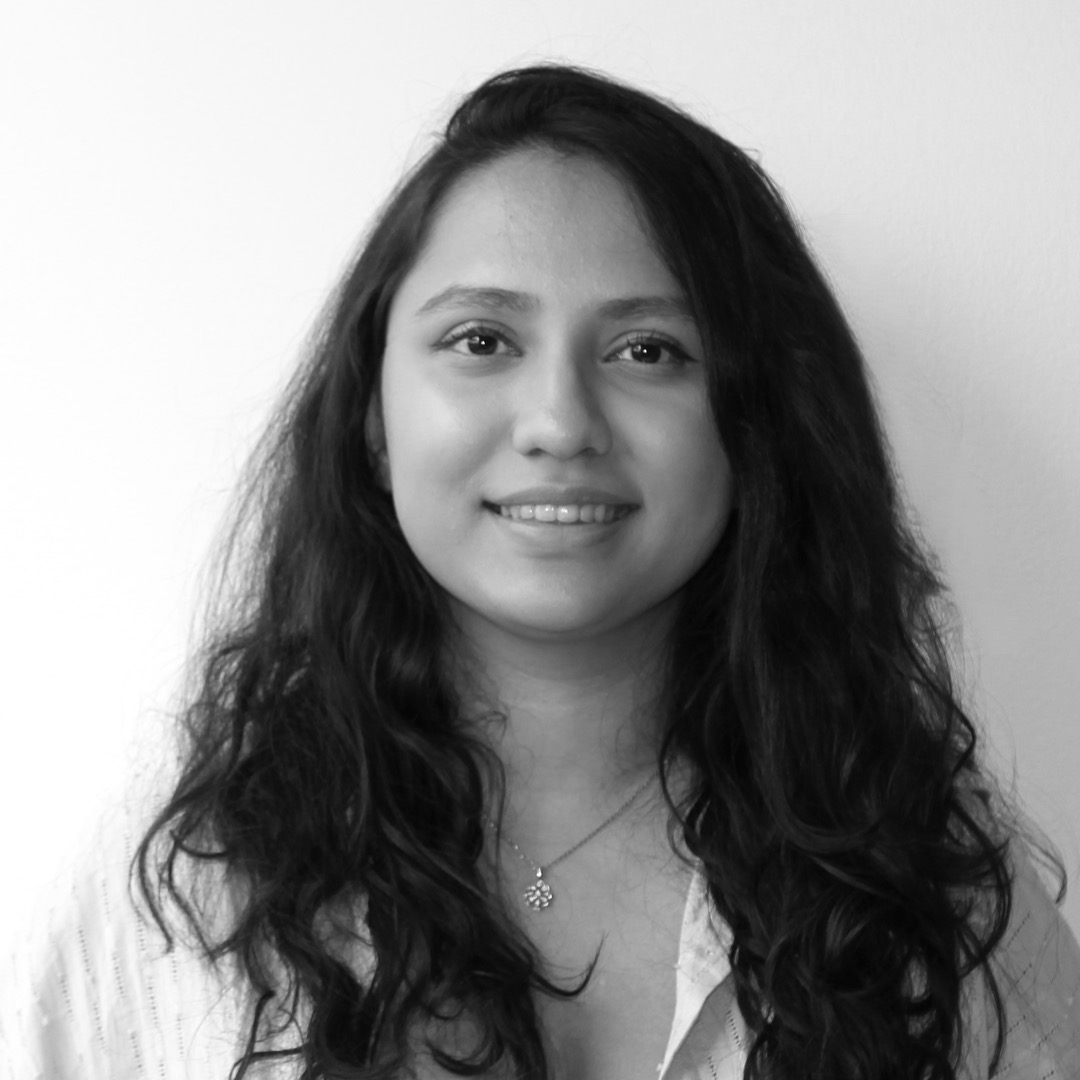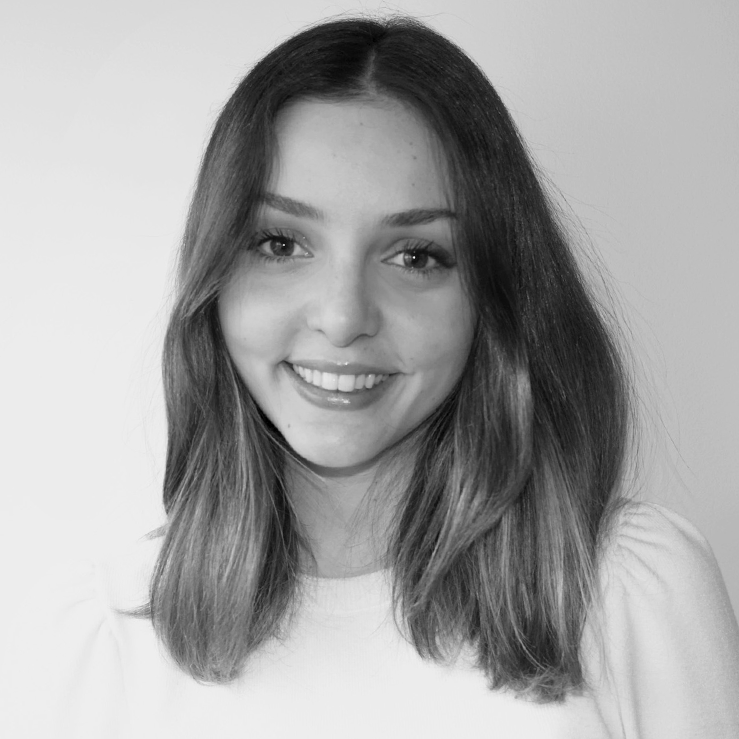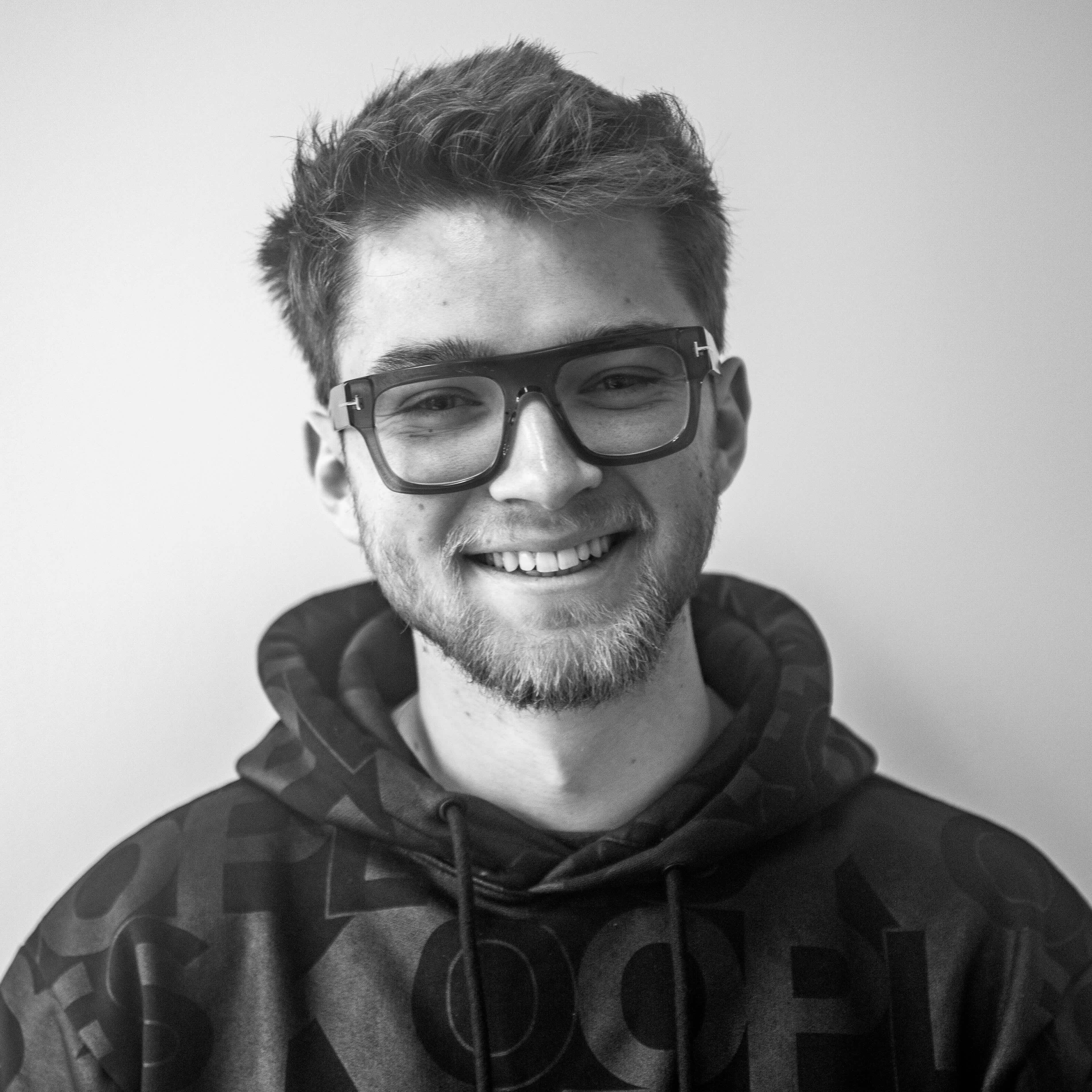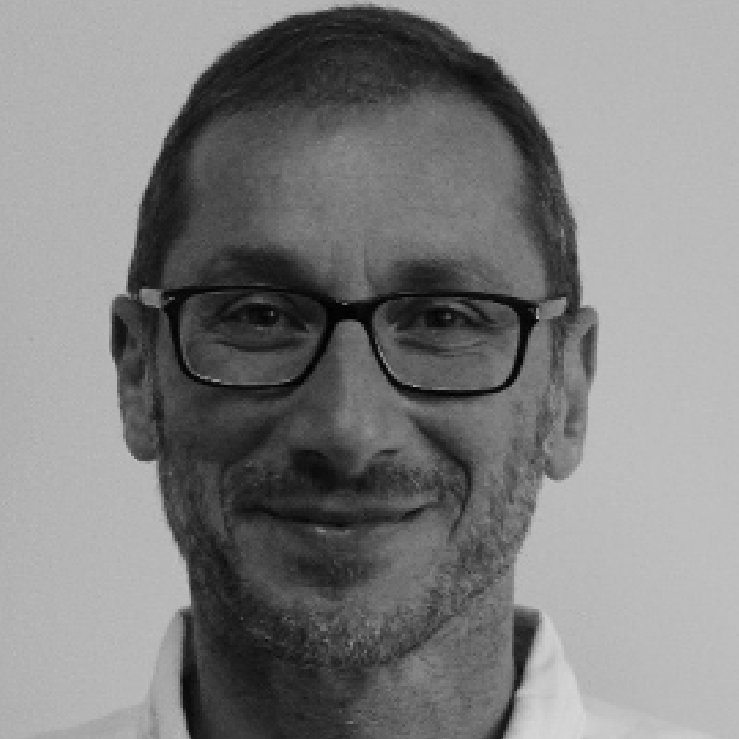
Fiorenzo Omenetto
Fiorenzo G. Omenetto is the Frank C. Doble Professor of Engineering, and a Professor of Biomedical Engineering at Tufts University. He also holds appointments in the Department of Physics and the Department of Electrical Engineering.
His research interests are at the interface of technology, biologically inspired materials and the natural sciences with an emphasis on new transformative approaches for sustainable materials for high-technology applications.
He has proposed and pioneered the use of silk as a material platform for advanced technology with uses in photonics, optoelectronics and nanotechnology applications, is co-inventor on several disclosures (~100) on the subject, and is actively investigating applications of this technology base both for technical and design applications.
Prof. Omenetto was formerly a J. Robert Oppenheimer Fellow at Los Alamos National Laboratories, a Guggenheim Fellow, and a Tällberg Foundation Global Leader. He is a Fellow of the Optical Society of America and of the American Physical Society, and a Senior Member of SPIE. He was named one of the 50 top people in tech by Fortune magazine in a class including (among others) Steve Jobs, Jeff Bezos, Larry Page, Shigeru Miyamoto. His research has been featured extensively in the press with coverage in the most important media outlets worldwide.
Giulia Guidetti
Giulia studied Materials Engineering at the Politecnico di Milano in Italy, where she developed a passion for the nano-world. Intrigued by the phenomenon of structural colors, she pursued a Ph.D. at the University of Cambridge in the UK, investigating the optical properties of self-assembled photonic crystals. Currently, she holds the positions of Deputy Director and Research Assistant Professor at Silklab, where her primary research focus is on studying light management in natural systems. Giulia's research interests revolve around biophotonic structures, structural colors, as well as optical and electronic imaging, spectroscopy, and optical modeling.
Having grown up in a hardware store, Giulia cultivated a passion for construction sites and cooking. She is curious about all things marine-related and botanical oddities. If you are searching for her, you can probably find her at the microscope, captivated by the beauty of shiny creatures.
Silvia Betti
Silvia is a research technician at Silklab within the Biomedical Engineering Department at Tufts University. She earned her B.S. and M.S. in engineering physics at Politecnico di Milano in Italy. During her M.S., she worked in the VIBRA lab, focusing on coherent Raman and non-linear optical microscopy techniques for biomedical applications, particularly focusing on the analysis of senescent cells.
Eager for new challenges, Silvia joined Silklab in 2024 to explore the fascinating realm of silk-based materials and their unique properties. In her spare time, she enjoys sports such as volleyball, climbing, and skiing, and loves listening to music. You'll always find her stopping to pet every cat or dog she encounters along her way.
Angelo Sassaroli
Angelo Sassaroli received his bachelor’s degree in physics from the University of Florence, and his PhD degree in physics from the University of Electrocommunications, Tokyo (Japan). He joined Tufts University in 2002, first as a research associate and later as a research assistant professor. His research interest has always been Diffuse Optics, with applications for monitoring the state of health of biological tissues (e.g., functional brain imaging, optical mammography, muscle oxygenation).
In his free time, he enjoys doing some sport, reading books, walking in nature.
Nicholas Ostrovsky-Snider
Nick is currently a Postdoctoral Scholar in the Department of Biomedical Engineering at Tufts University. He received his Bachelor of Science in biochemistry from Western Washington University in 2015 where he then completed his Masters of Science in chemistry in 2017. While at WWU he worked with silk biomaterials in Amanda Murphy’s lab as a graduate technician in the Advanced Material Science and Engineering Center.
Nick’s current work focuses on creating new photoactive biomaterials based on silk fibroin. His goal is to engineer these materials to be used for 3D photofabrication of living tissues, with independent spatiotemporal control of the mechanical, biochemical, and cellular characteristics of the tissue. He hopes that these materials can advance the practice of true-3D tissue engineering and augment capabilities towards fabricating fully functional tissues and organs.
Outside of the lab Nick spends his time making 3D art, practicing martial arts, reading sci-fi novels, and drinking “truly excessive” volumes of coffee.
Chungman Kim
Chungman Kim joined the Silklab as a postdoctoral researcher in 2024. He earned both his bachelor's and doctoral degrees in Physics from Seoul National University and conducted research as a visiting fellow in Weitz lab at Harvard during his Ph.D. studies for three years. During his doctoral studies, he carried out structure-property research on soft matter using Atomic Force Microscopy (AFM).
At Silklab, he plans to leverage his AFM expertise and soft matter research experience to explore both fundamental and applied studies on the use of silk as surfactants.
When he's not in the lab, you'll find him busy chasing after his little daughter. In the rare moments of freedom, he enjoys listening to music and catching up on movies.
Jingyi Yu
Jingyi grew up in Hangzhou, a city renowned for its silk and tea culture in China. She earned her bachelor’s degree in Horticulture from China Agricultural University, where she developed an interest in understanding plant growth. She pursued a PhD in Plant Biology at Penn State University in the Cosgrove lab, where she explored the interplay between the structure, mechanics, and growth dynamics of plant cell walls.
In 2025, she joined Silklab to develop biomimetic materials inspired by the structural ingenuity of plants.
Jingyi loves listening to music and playing games of all kinds. For a dose of calm, she enjoys getting lost in poetry and the worlds of sci-fi books.
Dongwook Kim
Dongwook is currently a Postdoctoral Scholar in the Department of Biomedical Engineering at Tufts University. Originally from Busan, South Korea, he earned his Bachelor of Science in Chemical Engineering and Materials Science from Chung-Ang University, where he also completed his military service at a U.S. Army camp in Korea. He then pursued his Ph.D. at Pohang University of Science and Technology (POSTECH) in South Korea, focusing on the development of nanomaterials for transparent and stretchable optoelectronic devices. Before joining Silklab at Tufts, Dongwook worked at the Max Planck Institute for Intelligent Systems in Germany, where he explored smart materials for wireless biomedical micromachines.
Currently, his research centers on the innovative use of silk materials and inorganic nanomaterials for highly integrated electronic and microwave-responsive devices. He aims to advance these materials for next-generation microchip fabrication processes and healthcare device technologies.
In his free time, he enjoys experimenting with new cooking recipes and chilling at the gym.
Bryan Hirsch
Prior to embarking on his journey at Tufts University, Bryan earned a Bachelor of Science in Bioengineering from Hofstra University. His time there was spent conducting research where he combined the use of ultrasound as a therapeutic device with electrical modeling. He has since joined the Silklab at Tufts University as a Ph.D. candidate in the Department of Biomedical Engineering. His research utilizes silk as a biomaterial in devices with a medical and environmental application.
When not in the lab, Bryan loves watching TV, listening and playing music, and supporting his New York sports teams, which he will not abandon even though he is in Massachusetts.
Sara Pollard
Sara Pollard is a biomedical engineer whose research lies at the intersection of biomaterials and wearable health sensors. She earned her B.S. in Biomedical Engineering from Tufts University. At the Silklab, Sara develops silk fibroin–based colorimetric biosensors and mobile machine learning applications for non-invasive, real-time health monitoring. Her work integrates material science with human-centered design to create accessible health technologies, with a focus on improving diagnostics in underserved populations.
Outside the lab, Sara is an avid runner, and her favorite route is the loop around the Charles River Esplanades. She also enjoys exploring Massachusetts beaches, surfing, and yoga.
Shonglin Gaekwad
Shonglin is an adaptive designer with a background in fashion. She is PhD student in the interdisciplinary program at Tufts University. She is a Research Assistant at Silklab where she will be working on harnessing the power of bio-fabrication and technology to generate reliable and scalable solutions for the design world.
In April 2022, she earned her MSc in Design for the Fashion System from Politecnico di Milano, Italy with a semester at Fashion Institute of Technology NYC, USA. For her research thesis, she worked on a potential biomaterial to replace Petro-chemical based surface design matter being used in the fashion industry. During her masters, she worked on multiple projects of digital fabrication, wearable technology, and material tinkering. Before pursuing her masters, she gained industry experience by working in the fashion industry of New York with renowned designers Zac Posen and Phillip Lim. Shonglin earned her B. Des. in Fashion Design from the Footwear Design and Development Institute, India. During her Bachelors, she interacted with various Indian artisans, learnt their crafts, and worked for the Fashion Design Council of India by assisting them in various roles for reputed fashion shows.
Having grown up for the most part in the world's biggest and most diverse democracy, India, diversity and inclusivity comes very naturally to Shonglin. She enjoys learning languages and is a polyglot, fluent in almost 6 languages. Whenever possible she enjoys exploring the city with friends, likes to learn the local crafts and she loves to cook various cuisines, especially Italian food from scratch.
Aslı Dirik
Aslı started her career in the field of art and design by studying UAL Foundation Diploma at School of Design and Creative Arts at Loughborough University (UK) where she explored the different fields of her practice and worked on combining visual arts and 3D design with biology and science. Inspired by the ability of design to build bridges between different disciplines and solve both personal and global problems, she studied BA Product and Industrial Design at UAL Central Saint Martins (UK) where she practised research-led, user-centred product and UX design. During her studies, she worked as a Product Development Assistant at Ferah Textiles which inspired her to develop smart textile products using chemically sensing fabrics to help individuals detect and heal women's health-related problems for her thesis project.
Currently, she is a IDoc PhD student at Silklab, focusing on developing biological interfaces for health and investigating further the adaptations of high technologies to user-focused and innovative products with an interdisciplinary approach.
Aslı is from the multi-cultural city of İstanbul, which explains her interest in exploring different cultures and observing their artistic identities. One of her favorite hobbies is photographing her explorations and adapting them into photographic art and paintings. She also loves nature and tries her best to spend time outdoors even though she keeps choosing to live in the cities with harsh weather conditions.
Timothée Leblond
As a designer and researcher, Timothée's work is strongly interdisciplinary and combines materials science, mechanical engineering, biology and computational design. He specializes in the development of innovative additive printing and manufacturing processes tailored for biomaterials. His foremost intention is to explore how additive manufacturing and disassembly of functionalized silk-based biopolymers can participate to a more resilient future. Timothée began his career studying art and industrial design at the École Nationale Supérieure d'art et de design de Nancy, before specializing in design research at the prestigious École Normale Supérieure Paris-Saclay. This foundation was further fortified through research internships at prestigious institutions such as the Learning Planet Institute of Université Paris-Cité (ex Centre de Recherche Interdisciplaire) in Paris and the esteemed Soft Matters research group at the École Nationale Supérieure des Arts Décoratifs de Paris.
Timothée joined Tufts University as a full-time PhD student (IDOC Program) and Silklab as a Graduate research assistant in Fall 2024.
Gianluca Farinola
Gianluca M. Farinola completed his PhD in 1996. He was an Assistant Professor from 1996, an Associate Professor from 2003, and since 2015 he has been a Full Professor of Organic Chemistry at the University of Bari Aldo Moro.
He has been a visiting researcher at the University of Muenster, Germany (2009), an invited visiting professor at the University of Strasbourg, France (2013 and 2014) and at the University of Angers and CNRS, France (2015), and a visiting scholar at the Department of Biomedical Engineering at Tufts University, US (2017 and 2018), where he was appointed as Adjunct Professor in 2019.
Gianluca is a synthetic organic chemist who sets up new methods to produce photo- and electro-active molecules, supramolecular structures and materials for applications ranging from organic photonics and electronics to biology. In the last ten years, his research has opened intriguing directions by exploiting photosynthetic microorganisms (e.g. algae and bacteria) and biological polymers (e.g. melanin, fibroin, lignin, biosilica) as sources of sustainable materials for future optoelectronics and biomedicine. He has authored ~200 publications and given 110 invited lectures in Universities and Research Institutes. He is the PI of many national, international, and industrial research projects. He is a recipient of the Ciamician Medal of the Italian Chemical Society and of the “Innovation in Organic Synthesis Award” of the Interuniversitary Consortium CINMPIS. He was appointed as a Chemistry Europe Fellow in 2019.
Mickey McManus
Mickey McManus is a serial entrepreneur, inventor, senior advisor, executive coach, faculty member at BCG U and a research fellow emeritus at Autodesk’s Office of the CTO. He is a pioneer in design futures, nurturing anti-disciplinary teams, design science, and ARPA-style “department of strategic surprise” development. Mickey holds 12 patents in the area of connected products, environments, vehicles and services and co-authored the Carnegie Science ‘Best Communicator” Award winning book, Trillions - Thriving in the Information Ecology. In Trillions he and his co-authors posit that in a deeply interconnected world unbounded malignant complexity will be one of the most significant challenges. Taming complexity will be a super power for individuals and organizations.
He has spent over 20 years learning how to nurture teams of interdisciplinary artists, PhD scientists, designers, anthropologists, business leaders, and engineers in building tangible "Version 1.0" proof of concept demonstrations/prototypes/spinouts of novel and provocative new capabilities "from the future." He has also spent significant time transitioning early tech and R and D research across the "valley of death" and into the world by focusing on taking ideas all the way to the value chain, ecosystem, and business model required to ship consumer products, services, and architected physical experiences. During his tenure at MAYA they incubated, launched and spun out 5 startups.
